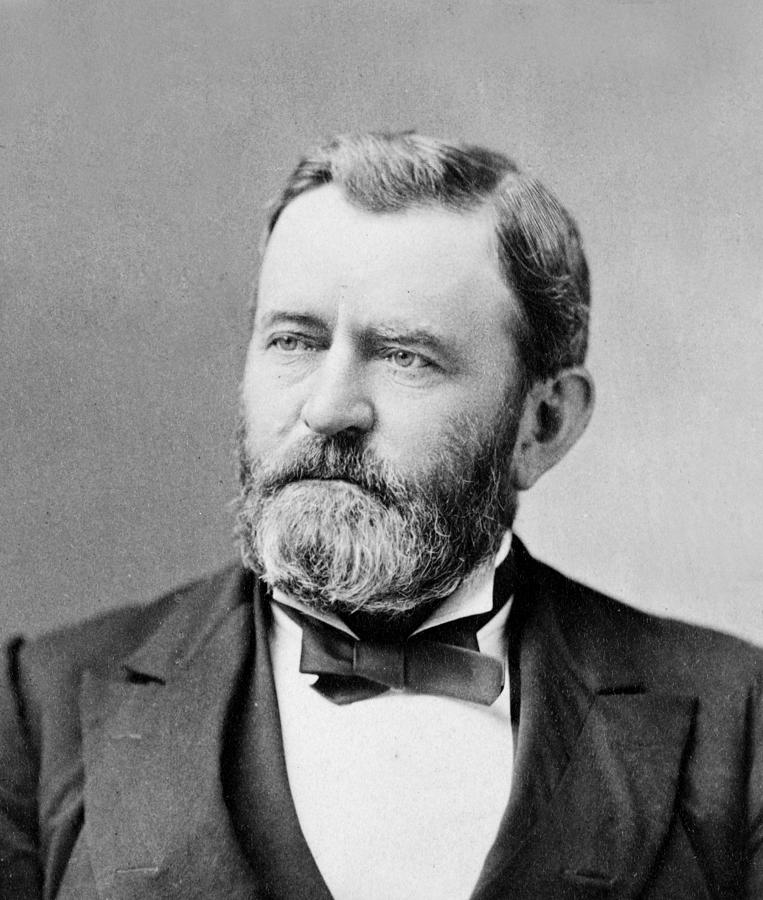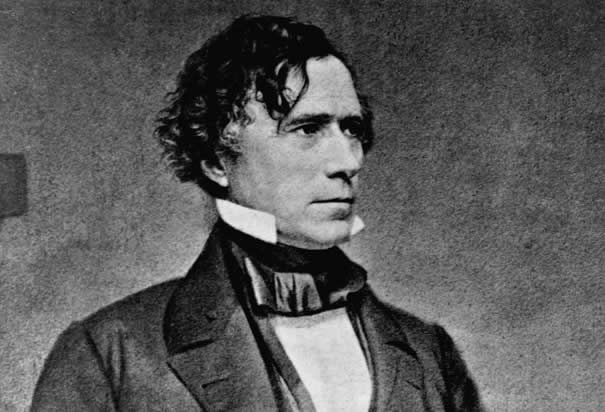The 10 Most Hated U.S. Presidents in History

Hoover took the brunt of the blame for the economic collapse in 1929, which begaHoover took the brunt of the blame for the economic collapse in 1929, which began the Great Depression. While these economic problems had been on the rise for years beforehand, the responsibility of rebuilding the economy fell to Hoover while he was in office.n the Great Depression. While these economic problems had been on the rise for years beforehand, the responsibility of rebuilding the economy fell to Hoover while he was in office. This was not a duty that he was equipped for, and he gained a good deal of disapproval by failing to improve economic conditions.
Richard Nixon

Nixon was made infamous by the Watergate Scandal, in which his men were caught breaking into the Watergate Hotel in Washington, D.C. He also ordered the secret bombing of Cambodia. He resigned in order to avoid impeachment.
Ulysses S Grant

Grant wasn't necessarily a terrible president in and of himself, but he had a knack for surrounding himself corrupt characters.
He surrounded himself with some of the most corrupt men to ever sit on a cabinet. Grant's loyalty was also his downfall.
While loyalty is inherently a desirable trait, but it caused Grant to be reluctant to fire his cabinet members once their indiscretions became public knowledge.
John Tyler

Tyler was kicked out of his own party mere months after taking office, after vetoing the majority of their agenda. He left the government deadlocked after the Panic of 1837 by vetoing Clay's legislation for a national banking act.
In 1843, he was the first president to be subject to an impeachment resolution. While the impeachment resolution did not pass, it was determined that Tyler had misused the veto.
Millar Fillmore

WWhen President Taylor died suddenly in 1850, Fillmore became president. He immediately seemed overwhelmed with the job. He didn't take actions that were considered bad as much as he did not take action.
He made it known that he was against slavery as an institution, but was also firmly set in allowing it to continue, making the public greatly doubt his convictions.
Franklin Pierce

Many consider Franklin Pierce to have set the stage for the Civil War, more so than any other president in U.S. history. He repealed the Missouri Compromise, which ended up encouraging secession by opening up a debate over slavery in the western states.
He was also a supporter of secession, and was the only ex-president to openly support the South in the Civil War.
Andrew Johnson

Johnson came into the White House upon President Lincoln's death. He had many disagreements with congress once in office, and holds the record for most presidential vetoes overridden by congress.
He later avoided impeachment by a single vote.
Warren G. Harden

Harding spent much of his time in office playing poker, drinking, and pursuing women, and not very much of it focusing on the needs of the country.
He faced less criticism than he could have, since the economy was booming during his term, but his lack of ethics still gained him a lack of support.
James Buchanan

Buchanan did absolutely nothing to slow the country's roll towards secession leading up to the Civil War. He lacked an awareness of the dangers of secession and what it could do to the country, and lacked the courage to act against these dangers once he did recognize them.
Calvin Coolidge

Coolidge observed the conflict leading up to the 1919 Police Force Strike in Boston, but did nothing to ease the conflict.
His reaction to the situation gained him criticism as being part of a laissez-faire government.(Courtesy of Answer.com)
Comments
Post a Comment